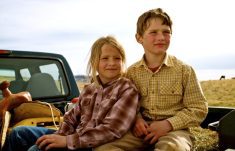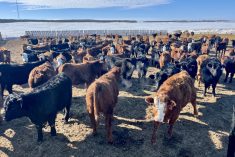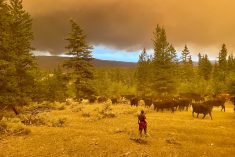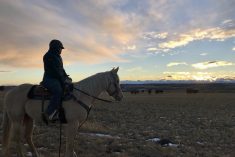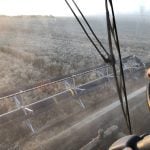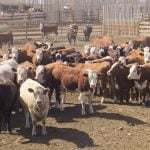For Andrea van Iterson, discussing succession planning with her peers from her time in the Canadian Cattle Young Leaders Program is like therapy.
“It’s kind of like mental health. The more we have conversations about it, the less stigma there is about talking about it.”
Van Iterson lives and ranches near Westwold, B.C., where her family owns and operates a backgrounding and finishing feedlot. The phone interview is punctuated by the sound of cattle mooing in the background.
Read Also
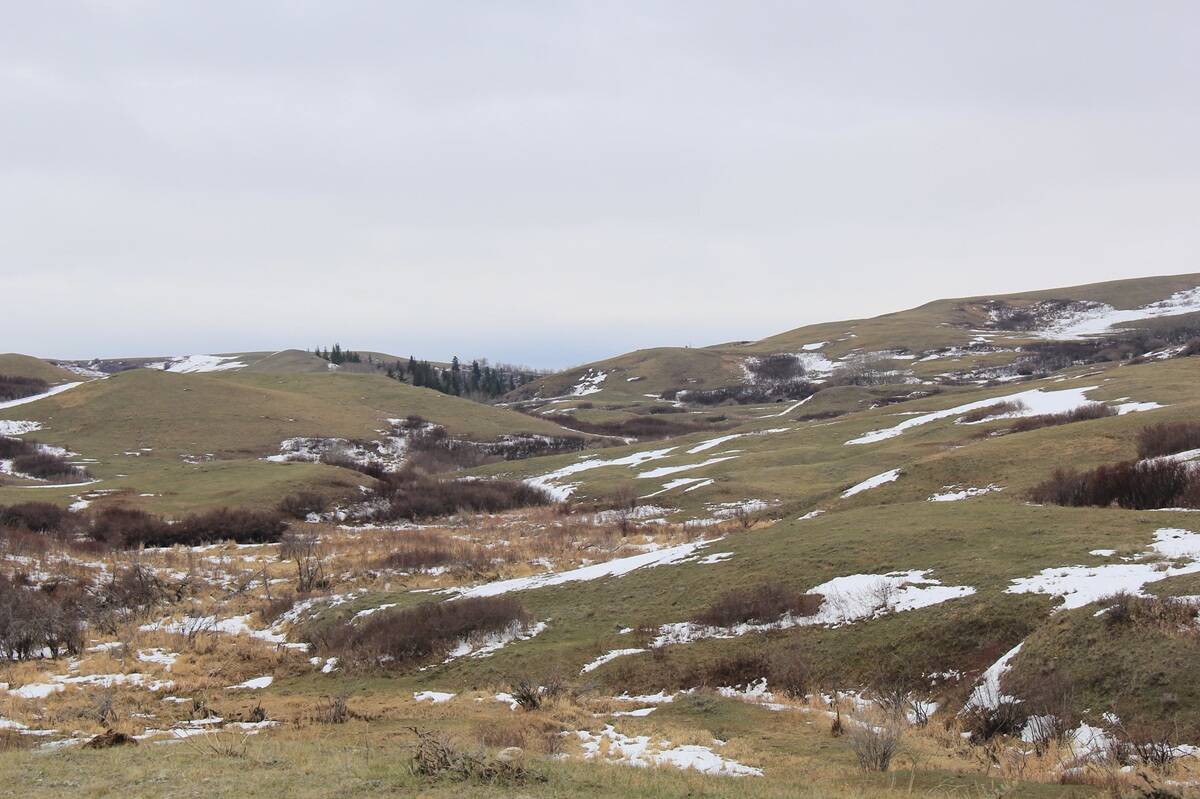
Mission-focused leadership that inspires confidence, on the farm and beyond
Kelly Sidoryk on leadership styles and being an effective leader on the farm.
Van Iterson says she and her brother will be taking over their family operation. Currently, she works full-time on the farm and says their succession plan is constantly a consideration.
“Everybody is speaking and everybody is at the table working together,” Van Iterson says. “My parents are in a place where they’re ready to say, ‘Okay, we’re going to transition it to you.’”
For van Iterson, coming back to the farm was always part of the plan, and after she had her third child she decided to come back full-time — something that pushed succession planning from discussion into action.
“I had to go to my parents and say, ‘Okay, you guys aren’t getting any younger, what does this look like?’ … I knew I wanted to, in some capacity, remain in (ranching), and like I said after I had my third kid, I knew it was time. That was the push for me.”
Having her three children makes succession planning that much more important to van Iterson. She wants to ensure there’s a way her children can come back to the ranch if they want to, despite how young they are right now.
“We’re already having those conversations with the family.”
She says right now, they’re working out the finer details with their lawyers and accountants of what their transition will look like. Because she has two other siblings — one on farm, and one off farm — that is also a crucial part of their succession plan.
Even with members of the succession plan who are co-operative and working together, van Iterson says it’s important to have peers she can talk to who are going through the same thing. This is where her experience with CYL comes in, where she was a young leader in 2020 and made lifelong connections that allowed her to talk openly about the joys and hardships of succession planning.
“I think because there was that group of us that we were figuring out our way in that whole transition area, it was kind of nice that we have other people,” she says. “Even if there weren’t people in that season of life, I think we still would have had that.”
Peer groups
Elaine Froese, a farm family transition coach, says that in some operations, the next generation waits years or decades for a succession planning conversation that never comes.
“Many young ranchers and families are losing hope,” Froese says.
She says it’s important for young producers to have a support network when it comes to things like succession planning.
At Backswath Management, peer groups are used for things just like this.
Backswath is a consulting firm that predominantly helps clients in areas such as succession planning and financial management, as well as strategic planning in, for example, human resources. They also facilitate producer peer groups.
Sara Chambers is a peer group practice leader at Backswath and says peer groups are important because they create a safe space for producers.
“I think that within peer groups an environment of trust and comfortability is created, where you form these lasting relationships with other farmers, and you’re able to just kind of talk about things that you maybe wouldn’t want to talk about in your community,” Chambers says.
“Everybody needs a place that they can kind of talk about these issues in a professional way, in a business-focused way, but amongst people that you’ve formed a relationship with, that you trust.”
Backswath offers two types of peer groups — a farm management group, and the emerging farm manager group.
Chambers explains that the farm management group consists of owners or primary decision-makers on the farm or ranch. The emerging farm manager group, on the other hand, primarily consists of the next generation of producers who will be taking over their family operations. This is a relatively new group that started in 2020.
“The reason that the group came about is because we saw a need for that sort of demographic of producers to connect,” Chambers says. “We could see the benefit that our senior farm managers were getting. And so, we wanted to offer that to the next generation of farm managers as well.”
The emerging farm manager group provides young producers the opportunity to discuss challenges, concerns and anxieties with each other. It also has a learning element, where experts discuss specific topics with the group. This became part of the program after members requested more of an educational component and more structure.
Now, the group requires a three-year commitment, where each year focuses on different topics. The first group is just finishing up its third year, and Chambers says they have other people signed up for the next round of the program, which they hope to run in the winter. She says the age range of the group varies anywhere from 18 to mid-40s, and that it’s more about where people are at in their careers than their age.
Chambers says that for producers who are in the middle of succession planning, having a group setting where they can talk to other producers who may be experiencing something similar is important.
“I just think that there’s benefit because talking to someone who’s been through what you’ve been through is completely different than hearing from an expert. I think there’s a support component there,” Chambers says.
She says at Backswath, making sure producers feel comfortable talking about certain situations is important, which is why they don’t recruit within a certain kilometre distance without approval from members. That eliminates the risk that people the members may know from their home communities or competitors in the area will join.
“It’s the ability to be totally open and honest, it’s the ability to form those connections to combat some of the isolation, and then to really tackle business issues in an environment where everybody is focused on the same thing, which is helping each other and developing themselves in a professional way,” Chambers says.
Jessica Radau, the youth leadership co-ordinator for the Canadian Cattle Association, says the Canadian Cattle Young Leaders Program is working on a variety of things for their young leaders centred around the topic of succession planning. For example, a case study that took place at CYL’s Spring Forum in the spring of 2023 saw young leaders work in groups to tackle farm succession planning problems as part of their training.
“This interactive exercise enabled the young leaders to develop critical thinking and problem-solving skills while addressing real-life challenges in the beef industry,” Radau explained in an emailed statement.
Support
For some people, the opportunity to meet the right people provides the support they need. For van Iterson, that was through the Canadian Cattle Young Leaders program. Now, she has a group of close friends with whom she feels comfortable discussing hard topics such as succession planning.
She stresses how important it is to have people to go through the experience with.
“I think you realize you’re not alone,” Van Iterson says.
“Talking it out with someone who’s maybe in a similar space, you can learn a lot about yourself and hopefully you can help them out a little bit, too.”
Like discussing mental health, van Iterson says talking about succession planning can seem a bit taboo, but that starting to talk about it with peers can make it that much easier for the next person going through it, as well.
“There’s a lot of success stories in succession and there’s a lot of different ways to do it… it’s not one-size-fits-all. And there’s so many different aspects that can be different for me versus the next person that I think everyone can learn from another’s experience.”





